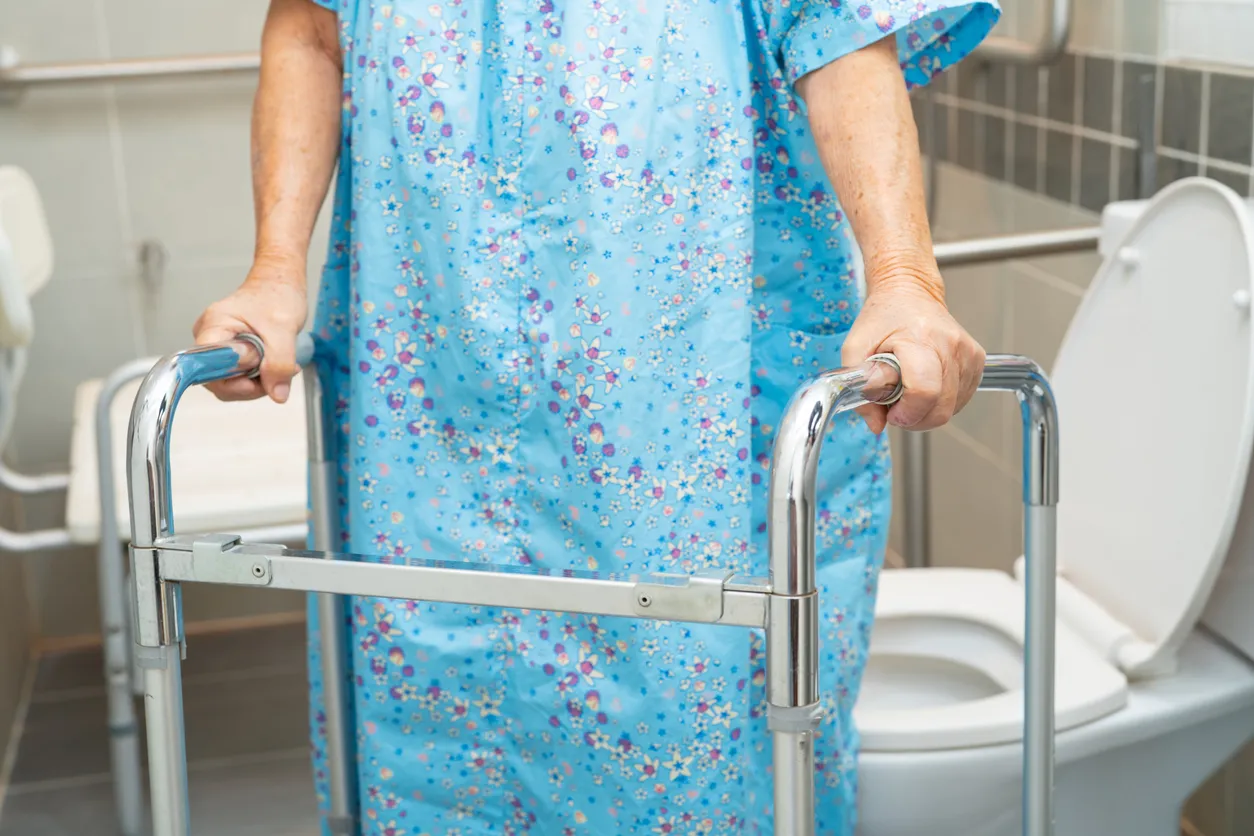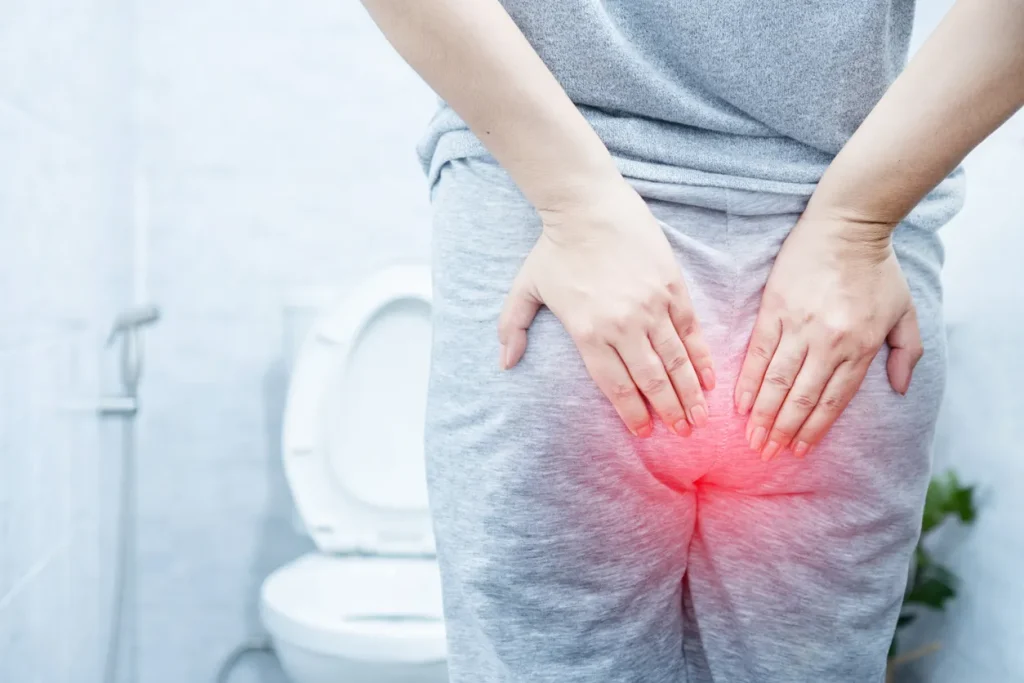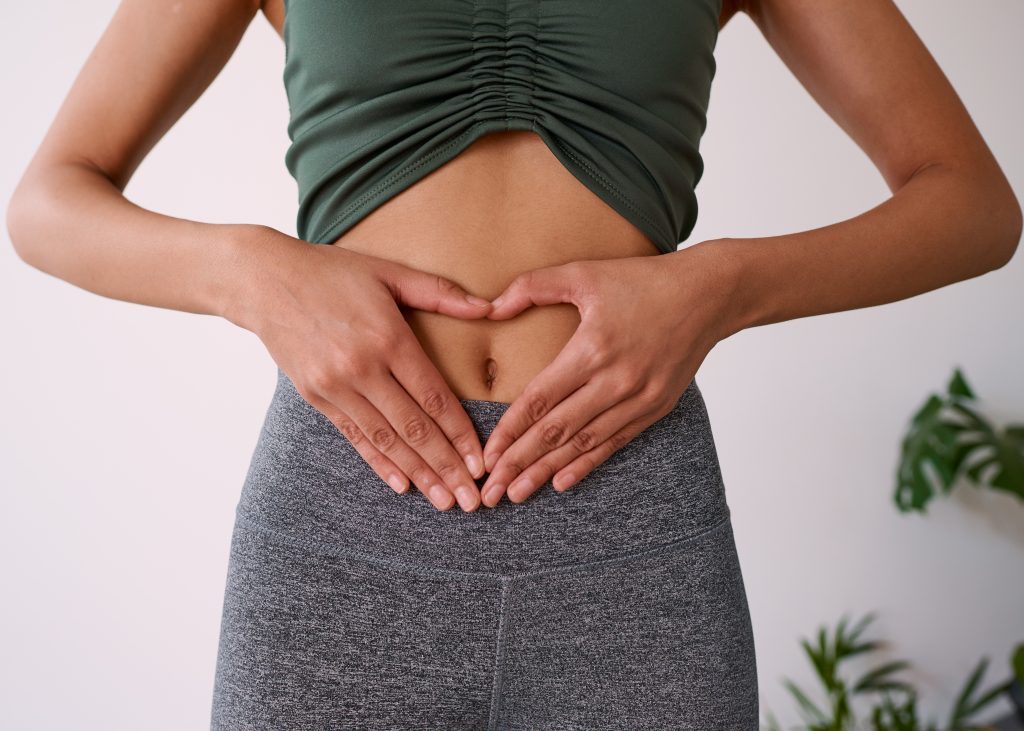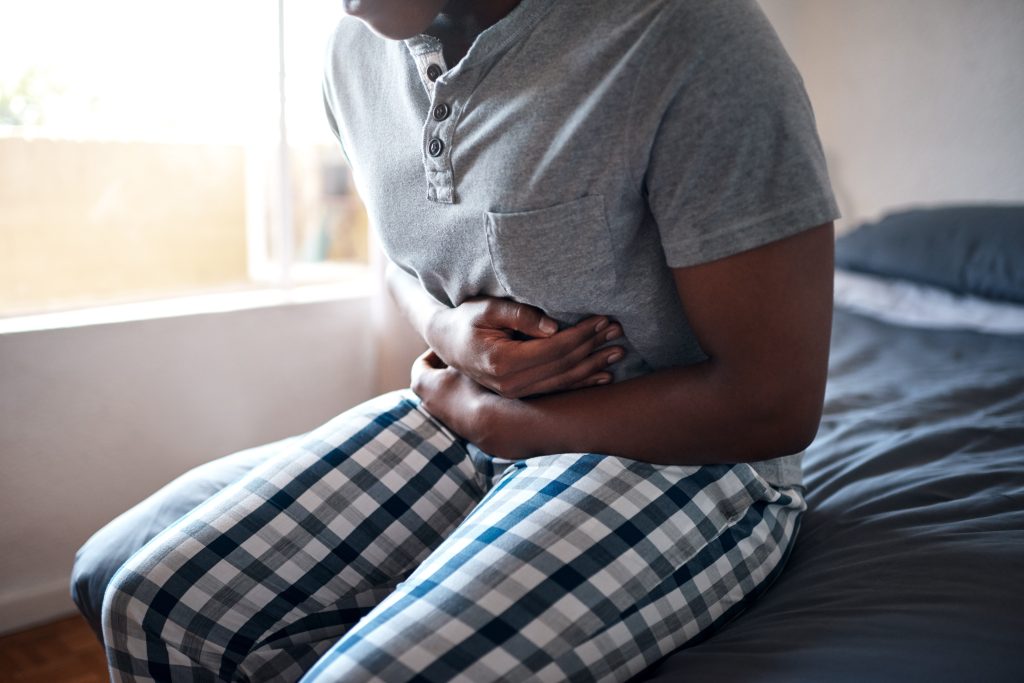Managing Chemotherapy-Induced Diarrhea requires a multifaceted approach that includes dietary adjustments, medication, and lifestyle changes. This article aims to inform and help manage CID, understand its side effects. Discover effective treatments and prevention tips for digestive issues during cancer treatment.
Here are some strategies that can help:
- Hydration: It is crucial to stay hydrated when experiencing diarrhea. Drink clear fluids like water, broth, and herbal teas. Oral rehydration solutions can also help replace lost electrolytes.
- Dietary Changes: Incorporate bland, low-fiber foods such as bananas, rice, applesauce, and toast (the BRAT diet). Avoid dairy products, fatty foods, and high-fiber foods, as they can exacerbate diarrhea.
- Medications: Over-the-counter anti-diarrheal medications like loperamide (Imodium) can be effective. However, always consult your oncologist before taking any medication.
- Probiotics: These can help restore the natural balance of bacteria in the gut, potentially reducing diarrhea.
- Small, Frequent Meals: Eating smaller meals more frequently can be easier on the digestive system than larger, less frequent meals.
What Are the Common Side Effects of Chemotherapy on Digestion?
Chemotherapy affects rapidly dividing cells, including those in the digestive tract, leading to several gastrointestinal side effects. These may include:
- Diarrhea: Frequent, loose, or watery stools.
- Nausea and Vomiting: Common and often managed with anti-nausea medications.
- Constipation can occur due to decreased activity, dietary changes, or medications.
- Mouth Sores: Painful sores that can make eating and drinking difficult.
How Can You Treat Diarrhea During Cancer Treatment?
Treatment for CID involves addressing the immediate symptoms and preventing complications such as dehydration. Here are some steps:
- Medication: As mentioned, loperamide can be effective. In more severe cases, prescription medications may be required.
- Fluid Replacement: Oral rehydration solutions or IV fluids might be necessary if dehydration is severe.
- Diet: Adhering to a low-fiber, low-fat diet and avoiding irritants can help manage symptoms.
- Monitor Symptoms: Monitor your bowel movements, diet, and symptoms to help your healthcare provider determine the best action.
What Causes Diarrhea in Chemotherapy Patients?
CID is primarily caused by the impact of chemotherapy drugs on the cells lining the gastrointestinal tract. These drugs can disrupt the normal absorption of water and nutrients, leading to diarrhea. Additionally, chemotherapy can alter the gut microbiota, contributing to digestive issues.
Are There Ways to Prevent Diarrhea While Undergoing Chemotherapy?
While it may not be possible to prevent CID completely, there are steps you can take to reduce its likelihood:
- Proactive Medication: Sometimes, starting anti-diarrheal medications at the first sign of loose stools can prevent severe diarrhea.
- Dietary Precautions: Eating a balanced diet that avoids known irritants can help maintain digestive health.
- Probiotics: These supplements may help maintain a healthy balance of gut bacteria.
- Stay Hydrated: Ensuring adequate fluid intake can help the digestive system function properly.
What Should I Eat to Reduce Diarrhea During Chemotherapy?
Diet plays a crucial role in managing CID. Here are some dietary tips:
- Bland Foods: Incorporate the BRAT diet – bananas, rice, applesauce, and toast.
- Low-Fiber Foods: Opt for low-fiber options like white rice, plain pasta, and skinless potatoes.
- Clear Fluids: Drink plenty of clear fluids, such as water, broth, and herbal teas.
- Avoid Dairy: Lactose intolerance can be expected during chemotherapy, so it’s best to avoid dairy products.
- Small, Frequent Meals: Eating smaller, more frequent meals can help ease digestion.
Chemotherapy-Induced Diarrhea In Conclusion
Managing Chemotherapy-Induced Diarrhea (CID) requires a comprehensive approach that combines hydration, dietary adjustments, medications, and lifestyle changes. By understanding the causes and side effects of CID, patients can take proactive steps to mitigate its impact.
Staying hydrated with clear fluids, following a bland and low-fiber diet, using over-the-counter anti-diarrheal medications (with oncologist approval), and incorporating probiotics can all help manage symptoms. Eating small, frequent meals and monitoring symptoms closely can also aid in effective management.
Although it may not be possible to prevent CID entirely, these strategies can significantly reduce its severity and improve the quality of life during cancer treatment. By following these guidelines, patients can better navigate the challenges of CID and focus on their overall health and recovery.




